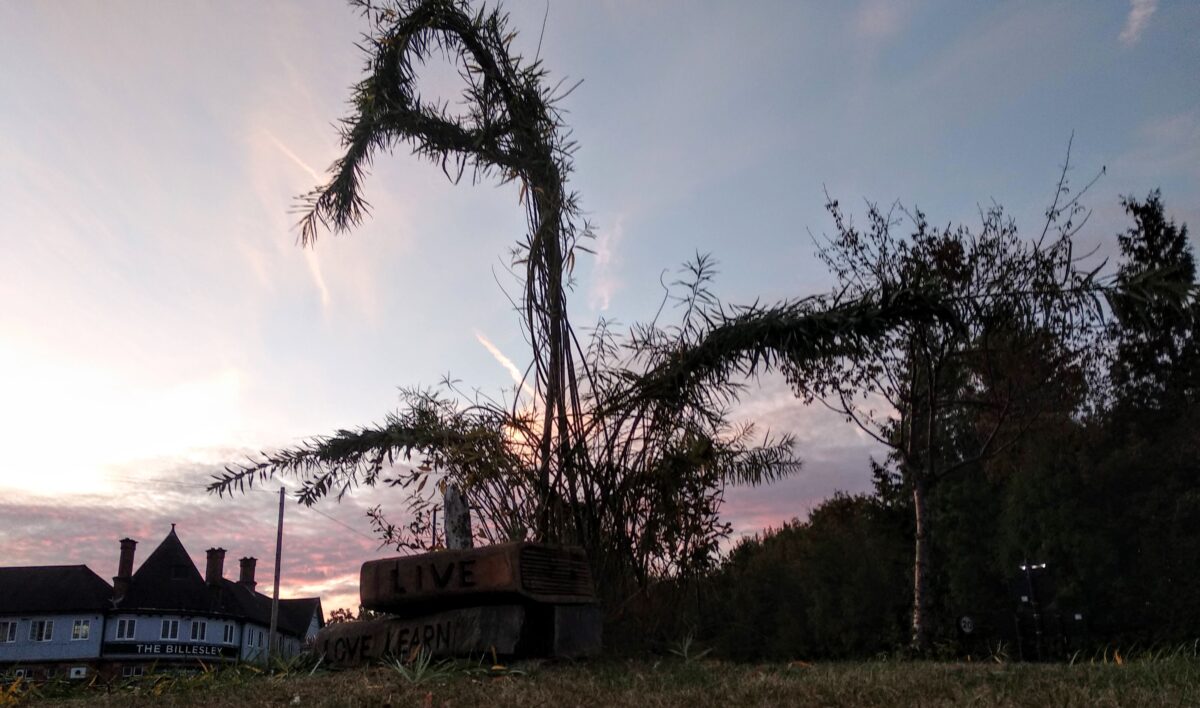Want to plant trees but don’t know where to start? There are processes in place to plant trees in public spaces, places you can get free trees and advice on tree planting locally and nationally.
Permission to plant trees
Council departments and local groups will be helpful but sometimes it can get complicated working out permissions to plan trees in what appears to be public spaces.
Finding out if land is Council owned or privately owned should be a first step to any tree planting. If it is Council owned it may be managed by one department (e.g. Housing, Highways) and maintained by another, or even by sub-contractors (e.g. Parks, Amey).
You can request for the Council to plant a tree for you, and there is a simple request system to do this. It can be hard when a tree will be planted, but some persistence may pay off.
On the City Council page you will also find a map designed to request tree planting but where you can also test to see if where you want a tree is on Council Property – it will tell you if it isn’t. This is useful even if you want to plant your own tree on Council owned land.
If you want to plant your own trees on public land then you will need to seek permission from the department that owns it – also make sure to ask if there is a contract, or another department maintaining the land. I would advise contacting the contractor, or other Council department, to keep informed even if you have permission from the department responsible for it.
For private land, if you don’t know the owner you can put in a request to the Council planning department to find the owner, which may have a cost.
It could be that you can’t find the owner – Around 15% of the land in England and Wales is unregistered: although it has an owner, their details have never been registered at Land Registry, but may be held in private paper records. You’d be surprised how many spaces even in a city like Birmingham are apparently owned privately, or maintained by the Council, but the land has not been registered.
Getting your trees
Wildlife depends on trees, and native plants support more wildlife than non-native species, so it’s worth checking out if your tree is native. You might also get some helpful tips on what is likely to grow in your area by observing what already does.
There are several good organisationss where you can get free trees:
For orchard trees it’s not as easy to get free ones as they are more expensive, but there is PTES and the Tree Council funds orchards for schools. If there is a local community garden you may be able find or order trees locally in advance – try:
Advice on tree planting
Native trees are usually better, October to Feb best time generally to plant them. Look to what is already growing locally to get an idea of what will do well. Always bear in mind the size a tree will grow, not just for spacing of trees, but to make sure there is no risk to buildings, or traffic on paths and roads. Some good sources of info include:
Also take measures to reduce possibility of damage that may be caused by Council Mowers, passersby (if it is on a ‘desire line’) or rabbits and deer and the like. Depending on the size of the tree and its location will determine the best method of protection.
Letting people know about our trees
There’s nothing like seeing other people planting trees to encourage more tree planting! Many groups organise social events around tree planting and looking after trees, and there are many ancient traditions around cropping, harvesting and caring for our trees (like Wassail) and some more recent ones (like National tree week). Anything which helps promote and bring people together around tree planting and caring for nature can’t be a bad thing! Here are a few places you might try:
- WMCA Virtual Forest
- Tree Sisters
- Birmingham Growing Network
